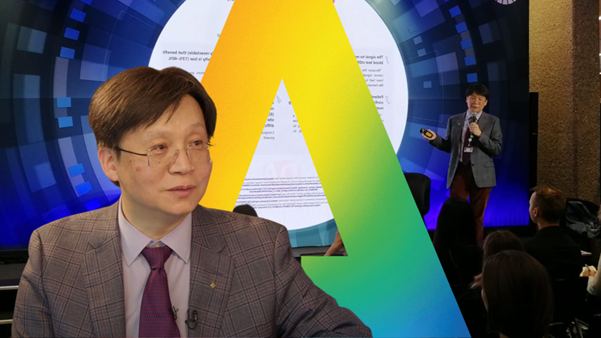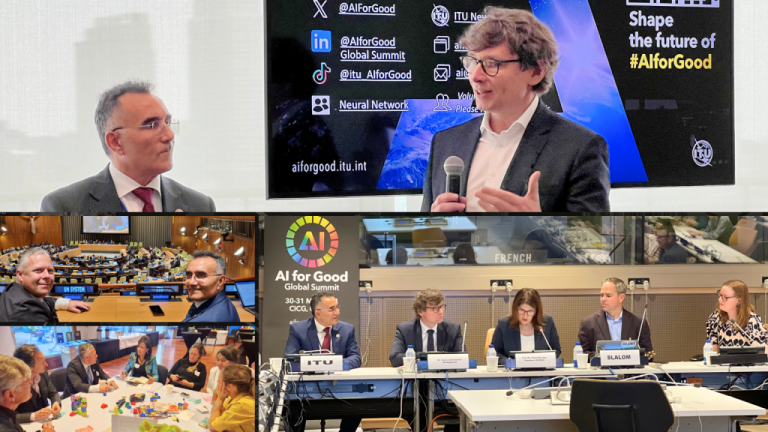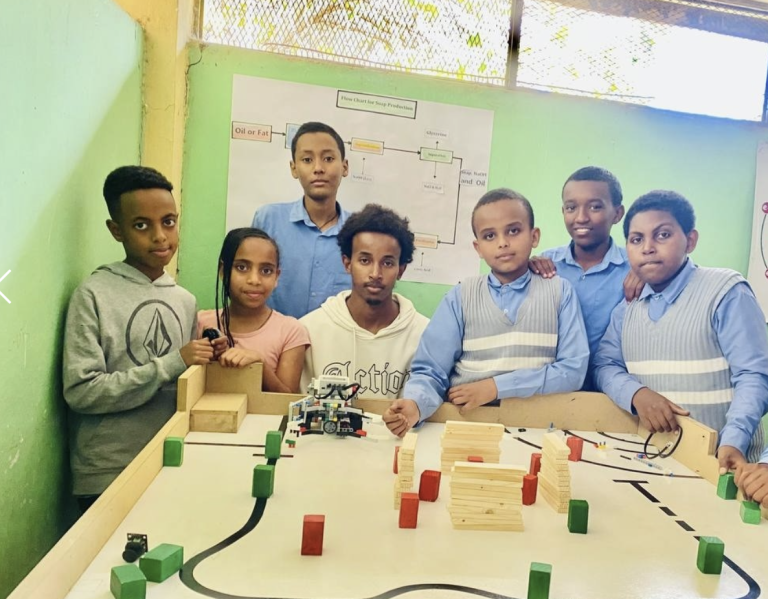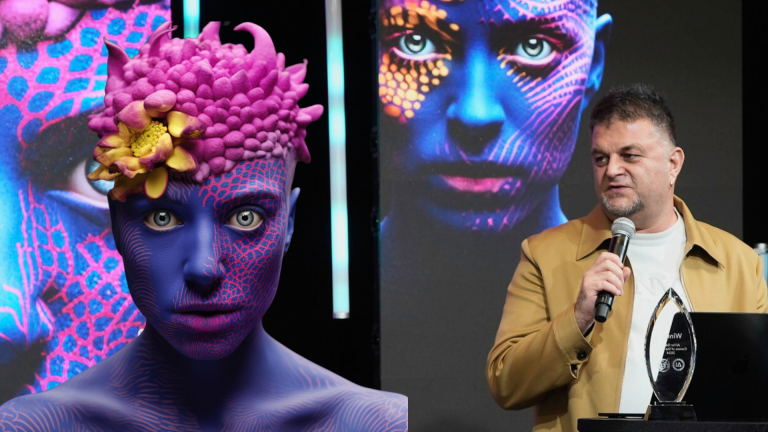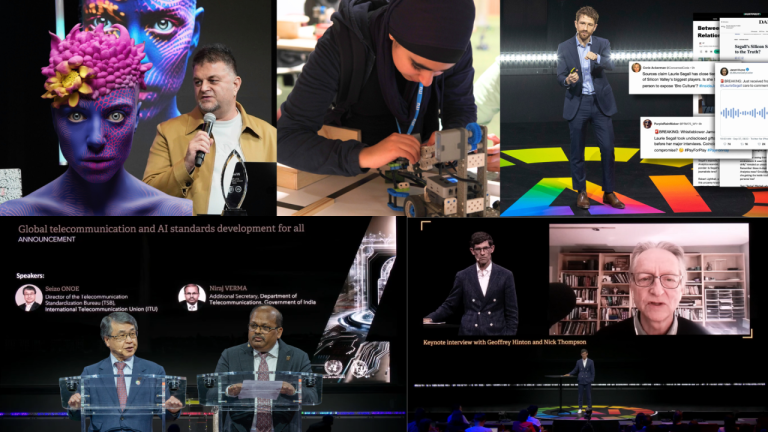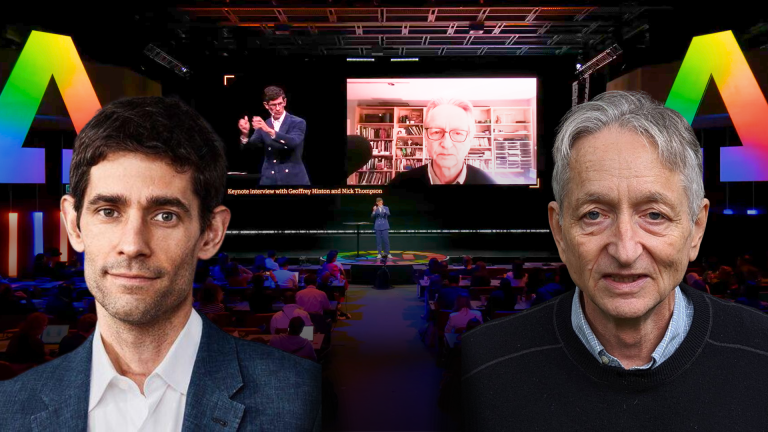Revolutionizing Healthcare Equity: The Impact of AI Solutions
The AI for Good Global Summit 2024
The AI for Good Global Summit 2024, taking place in Geneva, assembled visionaries and leaders from multiple sectors to explore the transformative capabilities of artificial intelligence (AI). Among the notable speakers was Le Lu, a Researcher and Senior Director at Alibaba DAMO Academy. Le Lu imparted valuable insights on AI’s pivotal role in healthcare and the collaborative efforts necessary to unlock its potential to achieve the Sustainable Development Goals (SDGs).
Alibaba DAMO Academy, serving as a Gold Sponsor for this year’s summit, is a worldwide research initiative dedicated to pioneering technologies that foster enhanced and accelerated knowledge exchange between scientific inquiry and industrial application. The academy draws inspiration from ancient Buddhist wisdom, perfectly blending philosophical depth with innovative research. As Alibaba’s corporate research arm, DAMO Academy puts a significant focus on computing frameworks and artificial intelligence. Within this context, Le Lu spearheads the medical AI lab, pioneering innovations that have the potential to transform global healthcare delivery.
The urgency for advanced technological integration in healthcare is paramount. By incorporating AI into healthcare infrastructures, we stand on the brink of a remarkable opportunity to elevate patient care and enhance health outcomes globally. Health disparity remains a critical issue, especially evident in cancer screening practices. Currently, comprehensive cancer assessments are excessively costly and predominantly accessible to affluent populations. This scarcity emphasizes the pressing need for scalable and economical healthcare solutions that can reach all individuals, irrespective of their financial standing. The objective is to create high-quality, cost-effective strategies for early disease detection, making them widely applicable.
“In our current setting, the work we present today and in the nearest future will be more focused on having a universal, easy, convenient way to find early cancer,” stressed Le Lu.
The focus extends beyond merely extending life expectancy; it aims to enhance the overall quality of life for every individual. As the global population ages, the demand for healthcare resources escalates, making it crucial to identify efficient solutions that can be universally applied. This endeavor requires an united effort to develop AI-driven healthcare services that are both effective and accessible.
“Health is a humanitarian issue… You don’t just win by having the best technology. You have to genuinely strive for a noble goal, especially to secure better health for all,” emphasized Le Lu.
Another vital consideration is AI’s role in augmenting, and not substituting, healthcare professionals. AI can manage monotonous and time-consuming tasks, enabling doctors to concentrate on more critical elements of patient care. This synergy between AI and healthcare providers has the potential to yield improved clinical outcomes and enhance job satisfaction for physicians. Integrating AI into clinical workflows can bridge existing gaps in our healthcare system, ensuring patients receive the care they deserve.
“Right now, in a clinical workflow a doctor needs to do very smart… and tedious work. This work is mission-critical, but can we enable AI to assist?… We need a human in the equation, but I believe AI can provide invaluable support to doctors in helping their patients,” Le Lu remarked.
This discussion at the AI for Good Global Summit 2024 spotlighted the crucial function of AI in tackling global health issues and fostering equitable healthcare access. By concentrating on technological innovation and collaborative efforts, we can harness AI’s transformative power to revolutionize medical care, enhancing accessibility and affordability while improving health outcomes on a global scale.
Le Lu, Alibaba DAMO Academy
Watch the full interview here.
Global Summit
Share This Post
Link copied!

